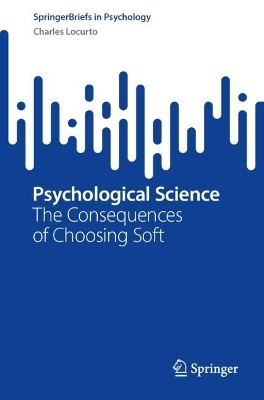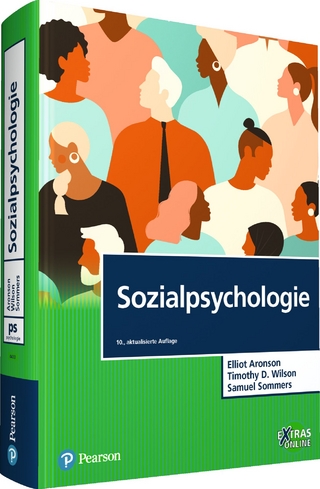
Psychological Science
Springer International Publishing (Verlag)
978-3-031-69401-1 (ISBN)
This book examines questions of experimental design, in social science principally concerning what happens if shortcuts are allowed in the design, analysis, and interpretation of psychological research. The author argues that shortcuts lead to experimental results that are of low power and lack the precision that should be afforded experimental work. Consequently, it should not be surprising that psychological science has difficulty replicating its findings. A more specialized focus is the lack of success of self-esteem training techniques despite their widespread usage. The failure of self-esteem training is contrasted with the success of work that involves the use of standardized testing procedures and scores, such as IQ. From this perspective, while self-esteem and IQ testing have been each proposed as Hole Grails, meaning that they constitute comprehensive influences on many aspects of behavior, only IQ can function in this manner. It is also argued that some areas of social science, particularly unconscious bias, have not been subjected to sufficient critical scrutiny, and therefore are associated with rather weak empirical profiles that do not justify the popularity of the procedures. Throughout the book, the work habits of modern scientists are contrasted with those of one of science's most successful practitioners, Charles Darwin, and to a lesser extent, Sigmund Freud. Contrasts between the historically-validated work of Darwin on the one hand, and modern psychological science, suggest avenues of methodological improvement in the practice of modern psychological science.
Charles Locurto, Professor of Psychology Emeritus, College of the Holy Cross, USA. Prof. Locurto's research interests include comparative cognition and individual differences in both human and nonhuman behavior. His work has been supported by grants from the National Institutes of Health and the National Science Foundation.
Chapter 1. Darwin and choosing soft.- Chapter 2. The Dodo rule and raising self-esteem.- Chapter 3. Intelligence and the Holy Grail.- Chapter 4. Standardized Testing and mismatch.- Chapter 5. Unconscious bias.- Chapter 6. Data too good, data too strange.- Chapter 7. A Summation.
| Erscheinungsdatum | 02.10.2024 |
|---|---|
| Reihe/Serie | SpringerBriefs in Psychology |
| Zusatzinfo | VII, 86 p. |
| Verlagsort | Cham |
| Sprache | englisch |
| Maße | 155 x 235 mm |
| Themenwelt | Geisteswissenschaften ► Geschichte |
| Geisteswissenschaften ► Psychologie ► Sozialpsychologie | |
| Schlagworte | current issues in psychological research • Introduction to Psychology ( • research methods in psychology • soft science • statistics in psychology |
| ISBN-10 | 3-031-69401-5 / 3031694015 |
| ISBN-13 | 978-3-031-69401-1 / 9783031694011 |
| Zustand | Neuware |
| Informationen gemäß Produktsicherheitsverordnung (GPSR) | |
| Haben Sie eine Frage zum Produkt? |
aus dem Bereich


